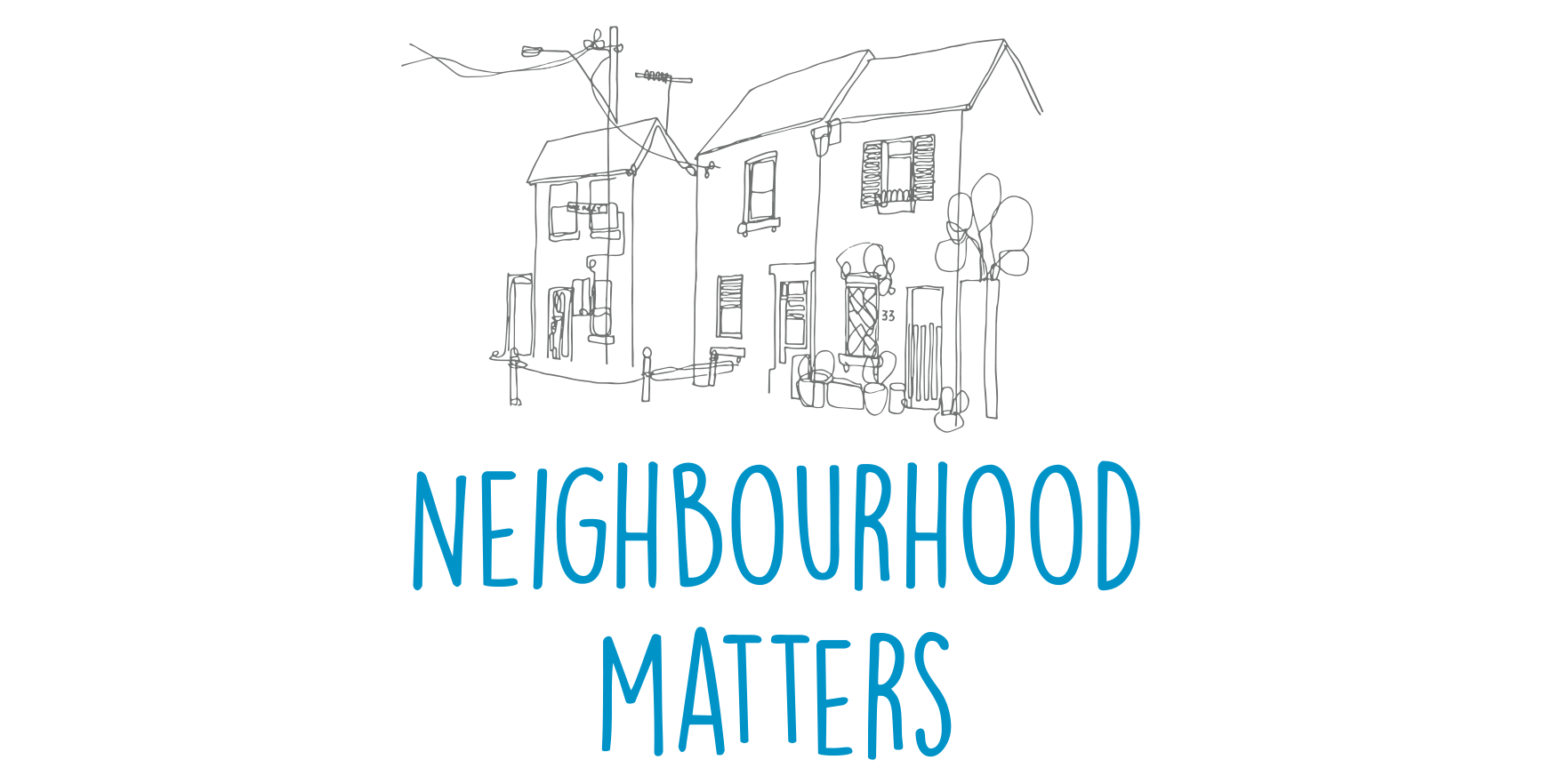My work has led me to interact and become friends with an 81 year old woman in my community.
For a project our team is working on, we had to take a photo of my new friend. The photograph was professional, well-shot and stylistically near perfect, but I knew she would hate it.
In the photo my friend is sitting on a patterned sofa, not smiling or looking at the camera. The background shows the hundreds of paintings and trinkets she has on her walls which add to the comfortable congestion, clutter and quirkiness of her home. However, in the photo she seems to blend into those walls and become inanimate, even a non-person perhaps. She doesn’t stand out but rather grafts onto the detail of the wallpaper. Ironically, she is invisible in that photo.
The photo for me, was an unintended depiction of the way that our society interprets older or ageing women. They are invisible.
Or maybe I should say we are invisible since I am an “ageing woman” yet I struggle with the courage to bravely put myself into that category. This is our continual tension as women, do we give in and boldly take hold of the “older woman” category, or do we madly fight against ageing? To be sure, ageing doesn’t affect women alone, I’m certain ageing men have their insecurities, musings and battles to deal with. Women however, have to process the loss of beauty and youth as interpreted and idolised by our societal norms, the mixed feelings that come with no longer being the object of the male gaze and closed doors regarding our biology that are mostly left open for men as they age.
In her book Everywhere I Look, writer Helen Garner captures the joy that women can experience as they age
You pass through loneliness and out into a balmy freedom from the heavy labour of self-presentation. Oh, the relief! You have nothing to prove. You can saunter about the world in overalls.
I love the freedom that erupts from that quote; “You have nothing to prove”. Yet as my friends and I discuss the personal impact of ageing, practise discarding the label “young” and imagine what it looks like to come out the other side, we talk about the ambivalence we have around this potentially new found freedom. We ask, “Will I fit in society when I’m older?” We wonder, “How do I feel about becoming less visible?” We comment about others, “She looks great for her age”. It’s preferable to not have these questions and thoughts hanging over us, but this is the tension between the liberation Garner writes about, and the grief experienced as the shell of our culture’s binding expectations placed on women starts to dismantle.
As I get to know my 81 year old friend I find her to be vibrant, eccentric, wise, compassionate and fascinating to talk with. Maybe that’s why the photo stood out to me, it did not represent the woman I am getting to know. Is the solution however, to photoshop the image we took, polish her up, iron out the wrinkles and ask her to put on some make-up? I don’t think so. But what I will do is ask her to choose how she wants to be represented in the next photo we take.
She dislikes the current photo and disagrees with her portrayal. I can see why. It encapsulates society’s insipid stereotype of older women. So as we make plans to take another photo, I will respect that she should have the power and a voice to self represent however the hell she chooses.
I’m looking forward to seeing that new photo of my friend.
